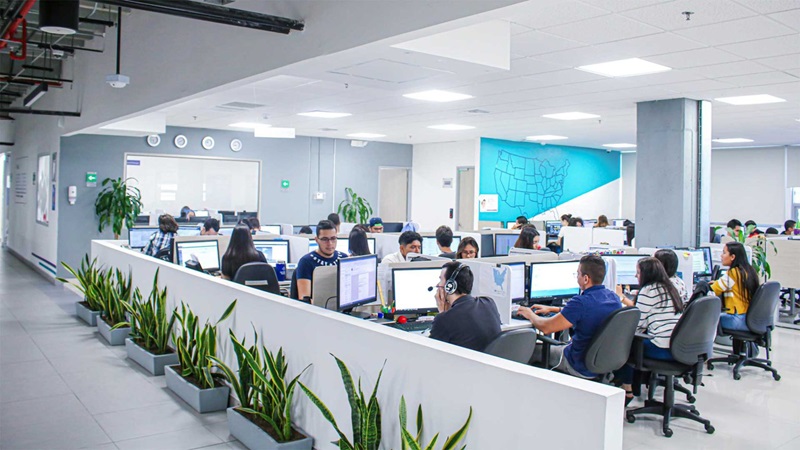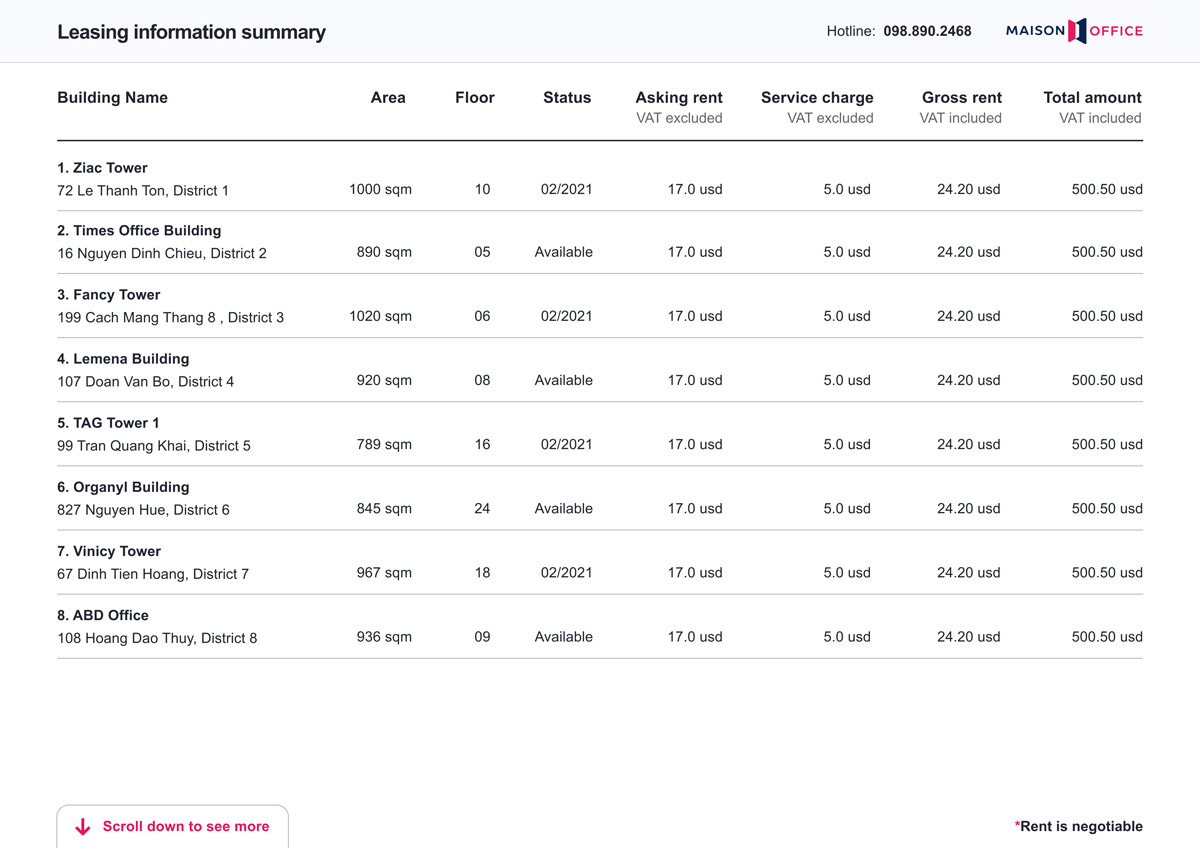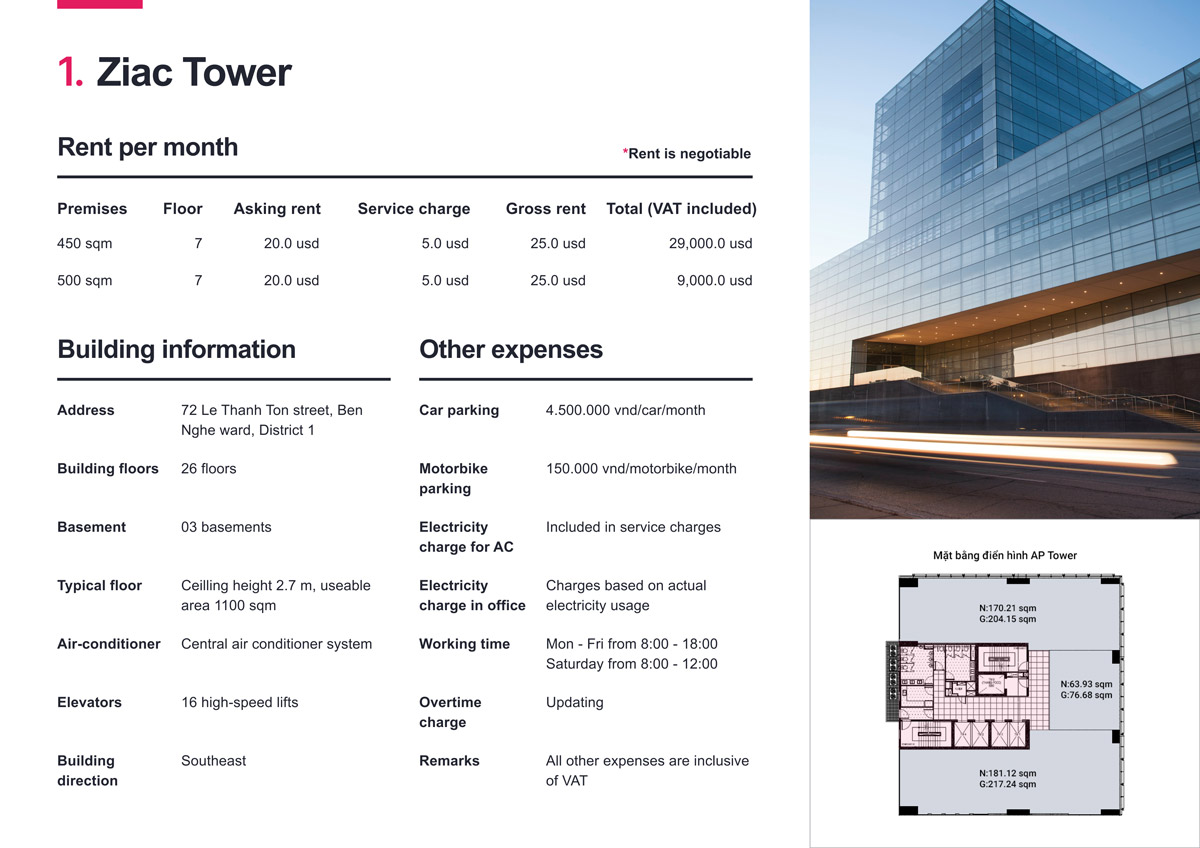What is a Satellite Office? Benefits of Satellite Offices

When expanding, businesses need to develop their teams. For many companies, this means having to own an office in a new city or country. Expansion comes with many benefits but also challenges.
This article will discuss Satellite Offices – setting up a satellite office with considerations to keep in mind. Let’s look at the notable aspects when renting a satellite office with Maison Office.
Table of Contents
What is a Satellite Office?
A satellite office is a smaller office space that is physically separate from a company’s main headquarters or primary office location.
These offices are often established to provide a more convenient, accessible location for employees who live in different areas, to expand the company’s presence in new markets, or to house specific departments or teams that can operate semi-independently.
Benefits of satellite offices
Satellite offices offer a range of benefits to businesses, employees, and customers alike, by providing flexibility, enhancing operational efficiency, and fostering a more engaged and satisfied workforce. Here are some key benefits of satellite offices:
Disadvantages of satellite offices
While satellite offices offer numerous advantages, there are also some challenges and disadvantages to consider. Managing satellite offices can introduce complexity and require careful planning to ensure they contribute positively to the company’s goals. Here are some of the main disadvantages of satellite offices:
1. Communication and Coordination Challenges
Maintaining effective communication and coordination between the main office and satellite offices can be challenging, especially across different time zones. This might lead to miscommunication or delays in decision-making.
2. Cultural and Operational Consistency
Ensuring a consistent company culture and operational standards across all locations can be difficult. There’s a risk that satellite offices might develop divergent work cultures or practices, which could affect the overall cohesion and identity of the company.
3. Increased Management Overhead
Satellite offices require additional management and administrative support. This includes managing remote teams, coordinating office spaces, and ensuring that all locations are equipped with the necessary technology and resources, which can increase overhead costs.
4. Overreliance on Technology
While technology enables the functioning of satellite offices, it can also be a point of failure. Issues with connectivity, cybersecurity, and technology management can disproportionately affect satellite offices compared to the main office.
Despite these challenges, many companies find that the benefits of satellite offices—such as access to new markets, talent, and increased flexibility—outweigh the disadvantages. Success often depends on effective communication, strong management practices, and the strategic integration of satellite offices into the overall business strategy.
Types of businesses that use satellite offices
Satellite offices are versatile and can benefit a wide range of businesses by providing strategic advantages in terms of market presence, talent acquisition, and operational flexibility. Here are some types of businesses that commonly use satellite offices:
- Technology Companies
- Financial Services
- Consulting Firms
- Law Firms
- Real Estate Companies
- Retail and Consumer Goods
- Healthcare and Pharmaceutical Companies
- Media and Entertainment
- Manufacturing and Supply Chain Management
- Nonprofit Organizations and NGOs
- Education and Training Providers
- Technology Startups
If you want to set up a satellite office or representative office, contact Maison Office to access flexible, cost-effective solutions and help expand your office smoothly.

Editor and content team manager at Maison Office.
With over 5 years of experience in consulting and extensive content editing in the real estate services and interior design field. Sharing valuable information with customers, partners, and attracting millions of views.













